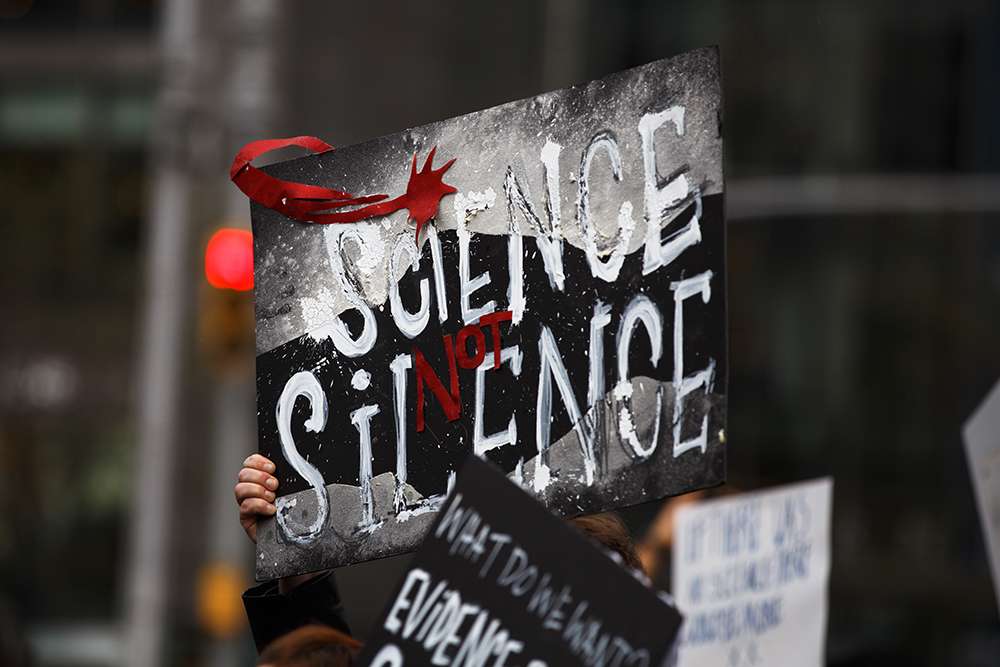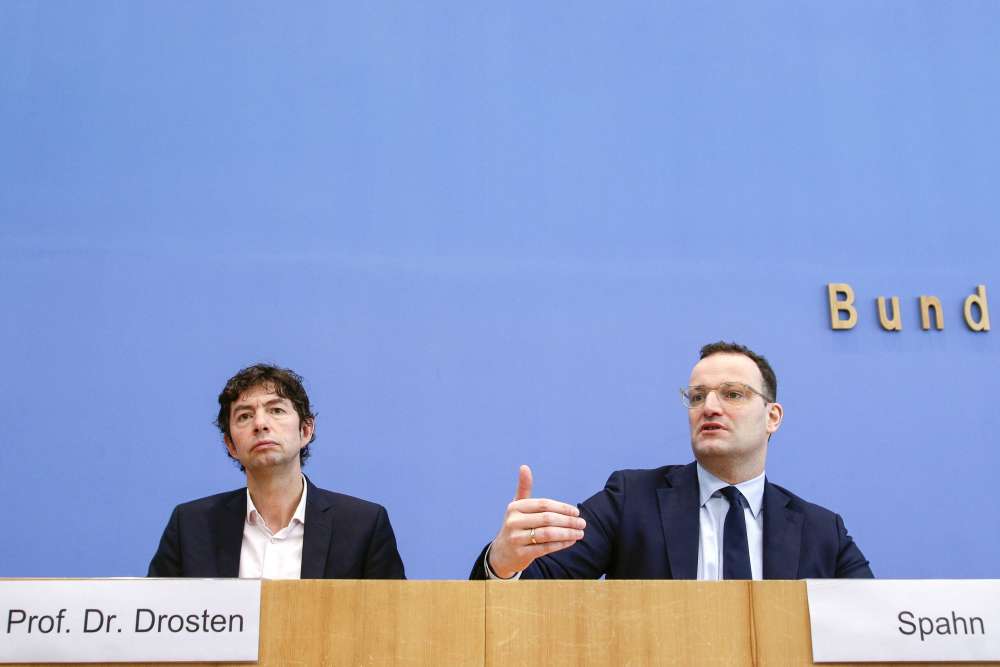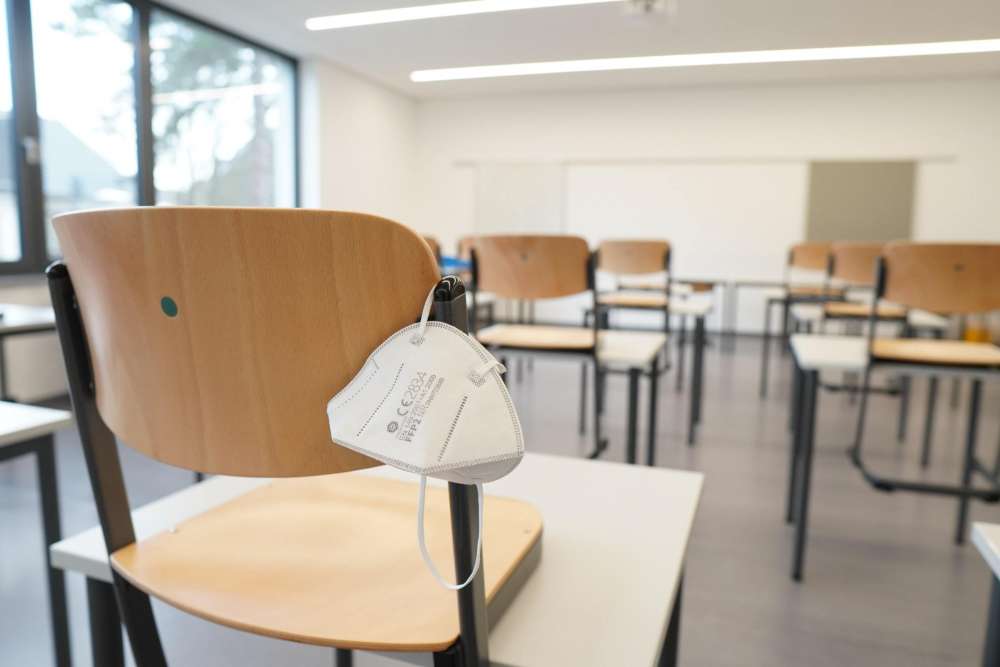Assessing Academic Freedom Worldwide

Most states and universities around the world have pledged to safeguard academic freedom – an essential component of scientific progress, academic integrity and quality higher education. But in reality, it is under attack in many places.
In order to compare levels of academic freedom worldwide and enhance our understanding of its curtailments, GPPi has established an Academic Freedom Index as part of a global time-series dataset in close cooperation with Friedrich-Alexander University Erlangen-Nürnberg, Scholars at Risk and the V‑Dem Institute. A policy report as well as a working paper dedicated to the global dataset are available for download. To explore the data, visit the V‑Dem website.
In addition, we have developed research guidelines to help shape country-level case studies on the state of academic freedom. Using these guidelines, academic freedom levels have already been examined in several countries. The study on recent developments in Brazil is now available online, and both the guidelines and further case studies are published in an open-access book with FAU University Press.
During the course of the project, the COVID-19 pandemic took hold in Europe and the rest of the world, causing academic life to change dramatically. While progress in tech and science allowed universities to continue operating, the pandemic opened the door to new threats to academia. To address the consequences, we created the web magazine COVID-19 and Academic Freedom – a series of though pieces that go beyond the aggregated AFi data to look at the different intersection points between the pandemic and academic freedom.
This work has been funded in part by a grant from the Higher Education Support Programme of the Open Society Foundations and benefited from previous grants by the Fritz Thyssen Foundation and the Volkswagen Foundation.







